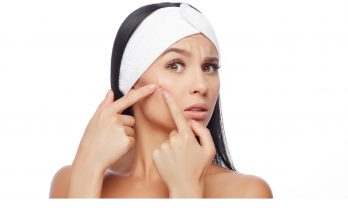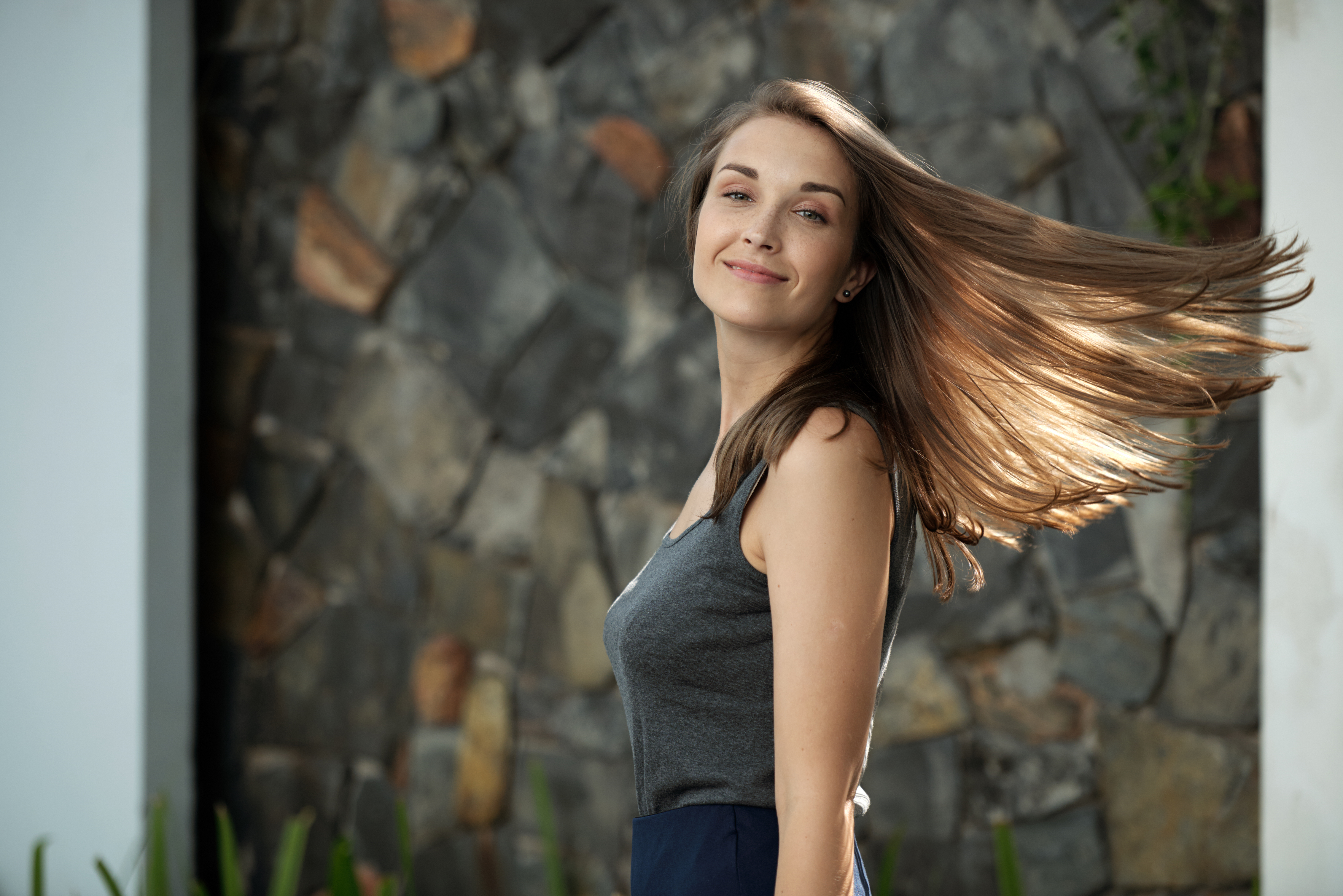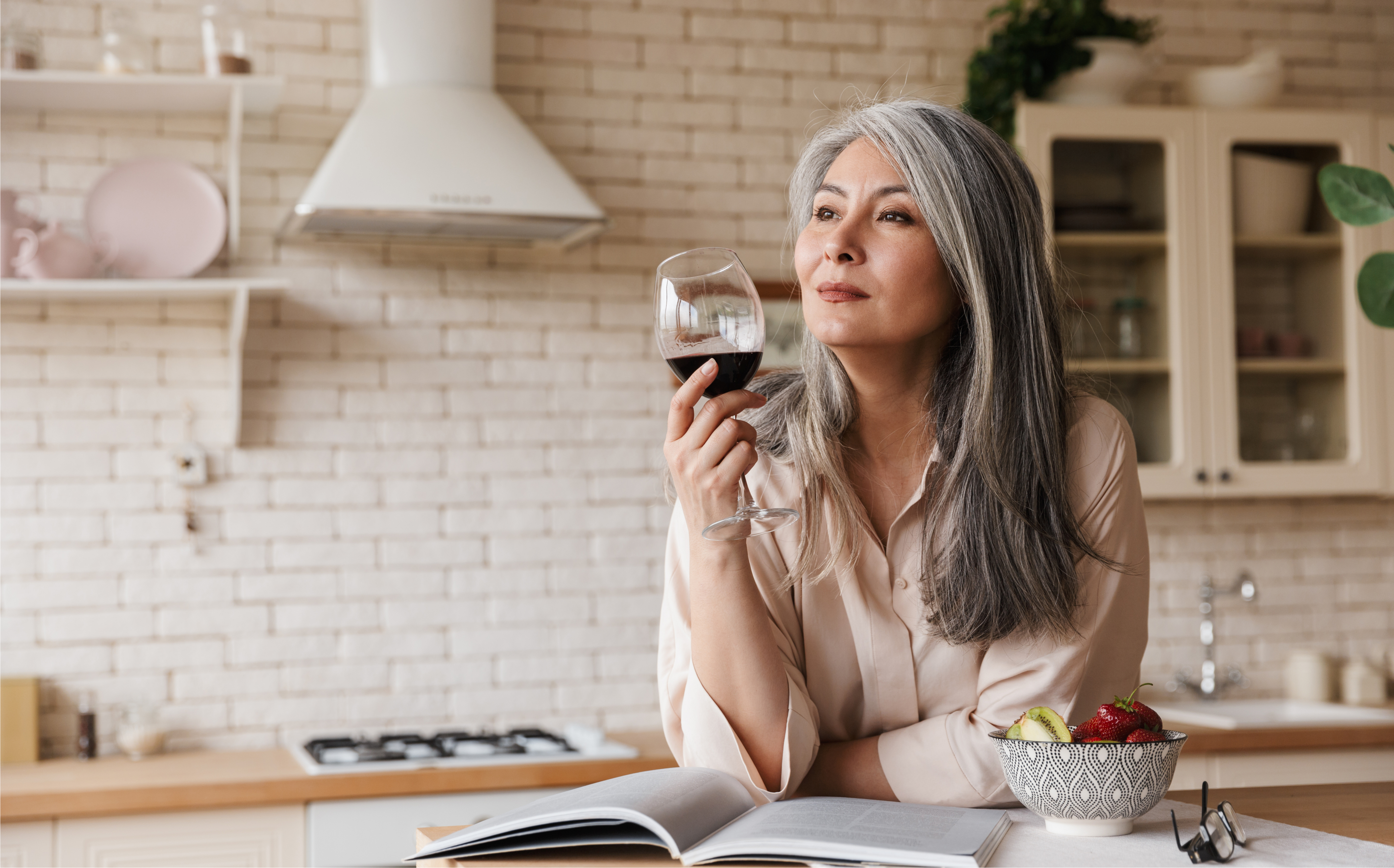Kore Herbals, a sustainable skincare brand based in Portland, Oregon, sells a small but stunning collection of handmade products, everything from scrubs and lip tint to cream and masks. Owner and founder Kora Goodman is an expert in natural healing and herbalism, and created the brand with a commitment and love for nature and the planet. I talked to her about her environmentally conscious business practices and how consumers can make better buying decisions for the earth.
Tell me briefly about the background of your brand and your reason for starting it.
Kore Herbals is a plant-based skincare line focusing on herbal, handmade products for ceremonious living. We believe that reconnecting with nature through your bathing and beauty rituals instills a planetary awareness to make conscious choices.
I started Kore Herbals out of necessity five years ago. At the time I was studying herbal medicine in Philadelphia and found that I didn’t have a beauty regimen that matched my commitment to natural, toxin-free products. I turned my kitchen into a green beauty laboratory where the first line of Kore Herbals was created.
What sort of sustainable, eco-friendly, and zero-waste practices do you incorporate?
One of the first Kore Herbals products to be created was the Anoint Herbal Skin Wand. This is an all-purpose moisturizer infused with healing herbs and oils, packaged in a compostable, paperboard push-up tube. Most companies would have used plastic for packaging. Anoint is still our best seller and I think in part due to its eco-friendly packaging. When you’re finished with the moisturizer, you can compost or recycle it.
Our products themselves are plant-based and biodegradable, and the packaging is thoughtfully chosen for sustainability. We use glass jars, rice paper pouches and paperboard whenever possible. The Kore Herbals production studio also has a compost receptacle for any unused plant matter. Plus, when you receive a package in the mail, everything from the box to our shipping materials are reusable or recyclable.
What are the challenges to having a sustainable brand?
For us, the challenges in maintaining a sustainable brand often revolve around the shelf life of products. All-natural ingredients and containers that are biodegradable wear down over time. This is the natural process for biodegradable materials. Although this is good for the planet, it is not always great for a retail shelf. This is why it is so important to support small, handmade business so products don’t just sit and degrade.
When products are sold and are used, their purpose is fulfilled. The containers they come in don’t go to waste. Although I’ve developed a line that is quite stable, people are used to keeping things around for months or even years in their beauty cabinet or kitchen and expecting them to stay fresh.
Why do you think more brands don’t use zero-waste or eco-friendly packaging?
My honest belief is that it’s for financial gain. Not only is reusable and recyclable packaging more expensive, but it doesn’t last as long as plastic. This is the sad truth with many businesses; they’d rather buy in bulk and make more money on product sales.
I think the solution lies in the consumer. If consumers make the conscious choice to buy paperboard over plastic, companies will begin to see their container choices are being frowned upon, and they may make the switch.
How can skincare consumers shop smarter?
Read ingredient lists and stay away from preservatives; look for handmade and locally-produced products from your community; and if you do choose plastic containers, think about how you can reuse them once you’re finished with your product. Staying aware of ingredients that are high risk for disrupting animal habitats or deforestation are also great ways to give back to the planet through conscious consumerism.



